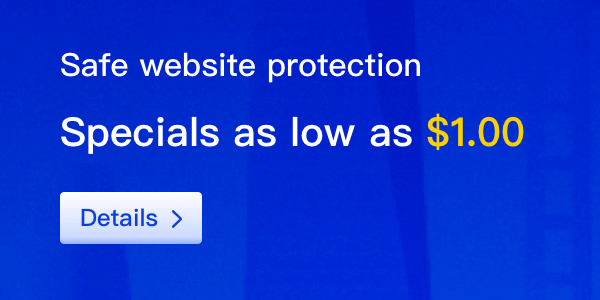Introduction
In today's digital age, website protection has become increasingly important for businesses and individuals alike. From data breaches to cyberattacks, the stakes are high when it comes to online security. However, in addition to the technical aspects of website protection, there are also legal and ethical implications to consider. In this blog post, we will explore the legal and ethical considerations associated with website protection.

Legal Implications
When it comes to website protection, there are several legal considerations to keep in mind. First and foremost, businesses and individuals have a legal obligation to protect any personal information that they collect from their website visitors. This includes things like names, addresses, and financial information. Failure to adequately protect this information can result in legal action and significant financial penalties.
One of the most significant legal frameworks governing website protection is the General Data Protection Regulation (GDPR), which came into effect in the European Union in May 2018. The GDPR outlines specific requirements for website owners in terms of data collection, storage, and protection. It gives individuals greater control over their personal data and provides them with the right to be forgotten, which means that they can request the deletion of their data from a website's database.
Another important legal framework is the California Consumer Privacy Act (CCPA), which went into effect in the United States on January 1, 2020. The CCPA provides California residents with greater control over their personal information and gives them the right to know what personal information a business has collected about them, the right to request that the business delete their personal information, and the right to opt-out of the sale of their personal information.
Ethical Implications
In addition to the legal considerations, there are also ethical implications associated with website protection. For example, website owners have a responsibility to be transparent about the data they collect and how it is used. This means providing clear and concise privacy policies and terms of service agreements that are easily accessible to website visitors.
Website owners should also consider the potential impact of their data collection and protection practices on vulnerable populations, such as children and marginalized communities. This may involve implementing additional security measures or taking steps to limit the collection of sensitive information.
Another ethical consideration is the potential use of data for targeted advertising. Website owners should be transparent about how they collect and use data for advertising purposes, and ensure that they are not engaging in practices that could be considered deceptive or manipulative.
Corporate Social Responsibility
Website protection is also an important aspect of corporate social responsibility (CSR). By protecting their website visitors' data and privacy, businesses can demonstrate their commitment to ethical and responsible business practices. This can help to build trust with customers and improve their overall reputation.
In addition, businesses can use website protection as an opportunity to promote their CSR initiatives. For example, they can highlight the steps they are taking to protect their customers' personal information, or they can discuss how they are using their website to promote sustainability or social justice.
Conclusion
In conclusion, website protection is a critical aspect of online security that has both legal and ethical implications. Website owners have a responsibility to protect their visitors' data and privacy, and failure to do so can result in legal action and reputational damage. By prioritizing website protection, businesses can demonstrate their commitment to responsible business practices and build trust with their customers. In addition, they can use website protection as an opportunity to promote their CSR initiatives and demonstrate their commitment to social and environmental responsibility.






















